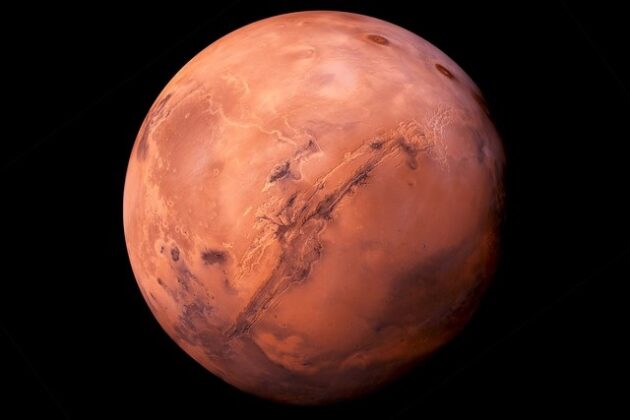
China likely to become first country to bring Martian soil back
China is likely to become the first country to bring Martian soil back to Earth in an ambitious science and engineering endeavor, according to a top space scientist.
Wu Weiren, an academician at the Chinese Academy of Engineering and a leading scientist at the China National Space Administration, said earlier this week in Wuhan, capital of Hubei province, that the nation plans to collect Martian samples and then bring them back to Earth around 2030 via a historic mission named Tianwen 3, the third in China’s interplanetary exploration schedule.
“Based on the current progress of other nations’ Martian exploration projects, China is expected to become the first to complete a sample-return mission from Mars,” he said, noting that the country has begun to set up the world’s first Martian sample laboratory.
He did not elaborate on detailed schedules about the planned mission.
According to mission planners at the CNSA, the Tianwen 3 robotic probe will have four components — a lander, an ascender, an orbiter and a reentry module — and will be launched on two Long March 5 heavy-lift carrier rocket flights from the Wenchang Space Launch Center in Hainan province.
The lander and ascender will take an Earth-Mars transfer trajectory and carry out orbital correction maneuvers before entering the Martian orbit, after which they will attempt an engine-assisted soft-landing.
Meanwhile, the orbiting stack — the orbiter and reentry module — will follow the same path to reach the Martian orbit, after which they will fly around Mars to relay signals and wait for the samples.
Once the samples are collected and packed into a vacuumed metal container, the ascender’s engines will elevate it to orbit to rendezvous and dock with the reentry module, transfer the samples and undock.
The orbiting stack will then leave the Martian orbit and return to the Earth’s orbit, where the pair will break up and the reentry module will conduct a series of complicated maneuvers to return to a preset landing site.
If everything goes according to plan, the samples could become the first to be returned to Earth from Mars, and will help scientists look for traces of life on Mars, learn more about the planet’s geology and inner structures, and understand its atmospheric cycles and escape process.
All this will allow researchers to expand their knowledge about the creation and evolution of Mars, according to mission planners.
For more visit China Daily
For subscriptions on news from China Daily, or inquiries, please contact China Daily Africa Ltd on +254 733 566 499 or write to enquiries@chinadailyafrica.com
